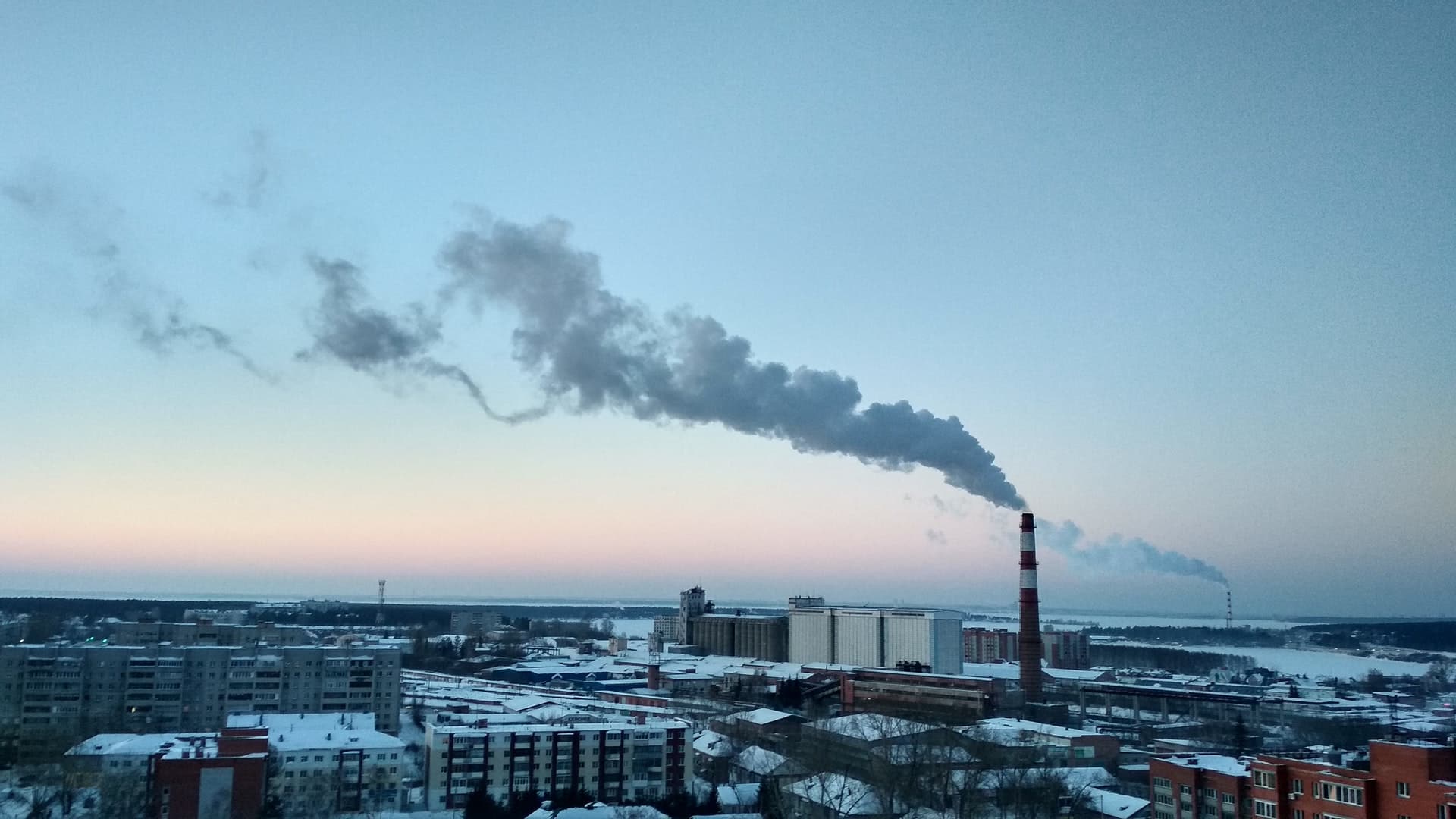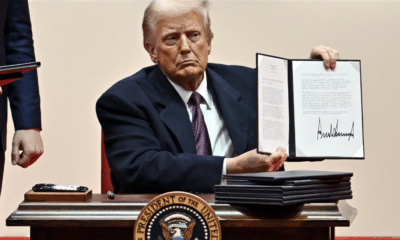Analysis
Emission commitments could dampen economy growth for developing countries
Climate change poses the biggest long-term threat to the global economy but can be lessened if decisive action is taken to meet the targets. However, RBI deputy governor Michael Patra believes emission commitments pose medium-term risks to Brazil, Russia, India, China and South Africa (BRICS) nations. He says it could engender energy shortages, technology gaps and pose risks to medium-term growth and inflation.
Patra made these comments in his keynote address in the conference on “Growth and Development in the BRICS Economies” organized by the Delhi School of Economies (DSE) and Indian Statistical Institute (ISI).
“Medium-term challenges for the BRICS arise in the context of climate risks and emission commitments, which may engender energy shortages, technology gaps and hence pose risks to medium-term growth and inflation, especially for countries with large total emissions.” He said the immediate challenge was from elevated commodity prices for net importers like India, although they confer terms of trade gains for net exporters like Brazil and Russia. “For all the BRICS, rising food prices on account of natural calamities and demand supply imbalances caused by the pandemic involve elevated inflation risks.”
However, the Swiss Re Institute says as global warming makes the impact of weather-related natural disasters more severe, it can lead to substantial income and productivity losses over time. For example, rising sea levels result in loss of land that could have otherwise been used productively and heat stress can lead to crop failures. The Institute said that emerging economies in equatorial regions would be most affected by rising temperatures.
Thierry Leger, Group Chief Underwriting Officer and Chairman of Swiss Re Institute said climate risk affects every society, every company and every individual. “By 2050, the world population will grow to almost 10 billion people, especially in regions most impacted by climate change. So, we must act now to mitigate the risks and to reach net-zero targets. Equally, as our recent biodiversity index shows, nature and ecosystem services provide huge economic benefits but are under intense threat. That’s why climate change and biodiversity loss are twin challenges that we need to tackle as a global community to maintain a healthy economy and a sustainable future.”
Jerome Haegeli, Swiss Re’s Group chief economist, said climate change is systemic risk and can only be addressed globally. “Transparency and disclosure of embedded net-zero efforts by governments and the private sector alike are crucial. Only if public and private sectors pull together will the transition to a low-carbon economy be possible. Global cooperation to facilitate financial flows to vulnerable economies is essential. We have an opportunity to correct the course now and construct a world that will be greener, more sustainable and more resilient.”
Also Read: India goes from “phase out” of coal to a “phase down” at COP26 summit
The COP26, the 26th Conference of the Parties to the UN Framework Convention on Climate Change, marked the most important climate talks since 2015, when the Paris agreement was signed.












































Pingback: DGV has raised $3.1 million pre-series A round from Info Edge Ventures